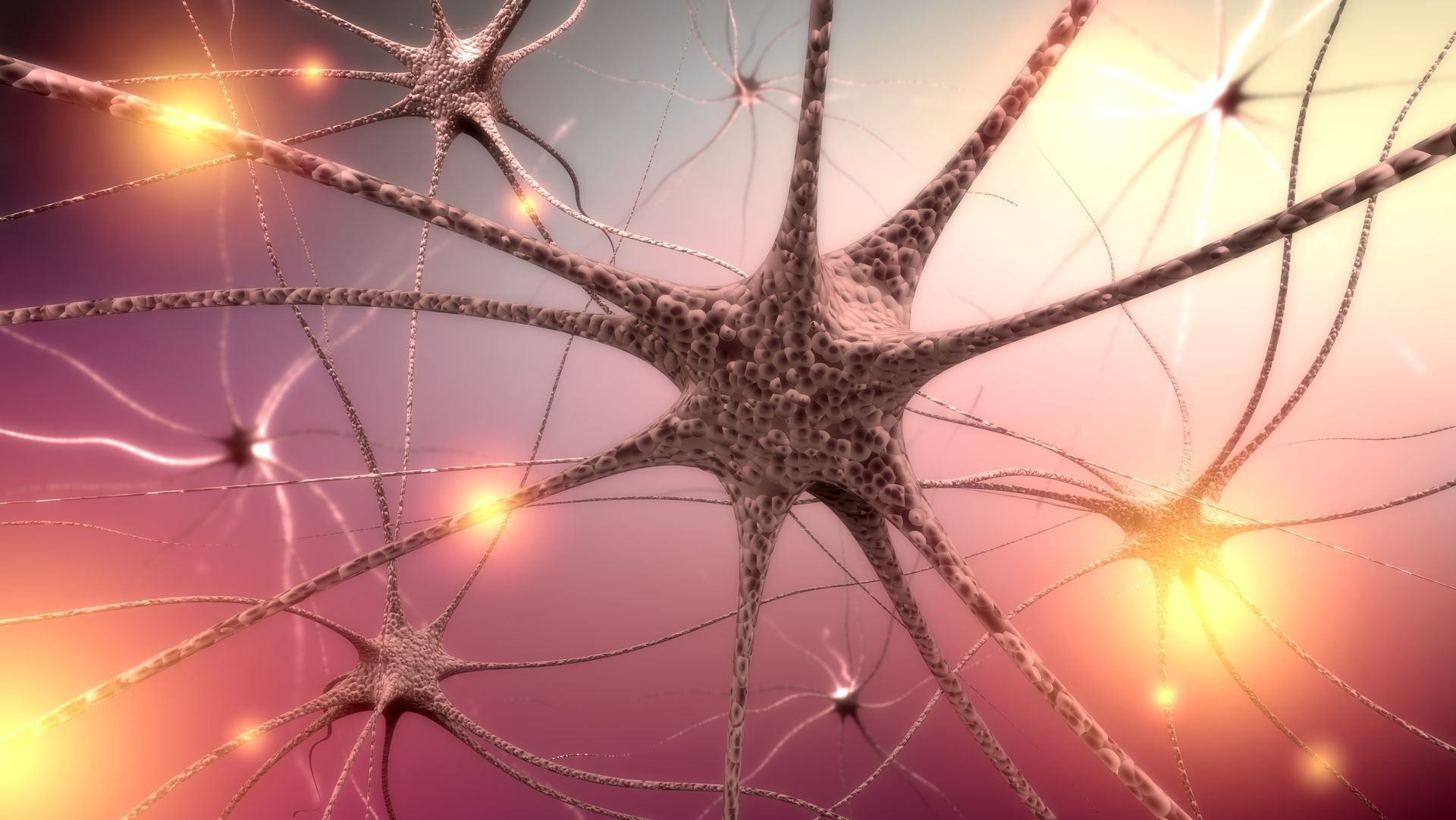Chronic Pain Treatments
Our holistic treatment approach is dedicated to helping you get back on your feet. Our specialist is experienced in treating chronic pain concerns of the spinal column, joints, post-surgical issues and more.
Chronic Pain Management
Holistic treatment dedicated to getting you back on your feet.
Our experienced specialist will identify and address your chronic pain concerns with an in-depth investigation of your medical history, and a customised treatment plan to get your recovery back on track. We offer a number of pain management treatments for the following conditions:

Spinal Pain
We provide treatment for chronic back pain in the cervical, thoracic and lumbar spine.

Joint Pain
We provide a holistic approach to addressing pain in the shoulders, hips, knees and smaller joints.

Post-Surgical & Nerve Pain
We treat ongoing pain following surgeries, as well as neuropathic pain and peripheral neuropathy.

Headaches & Facial Pain
We provide treatment for chronic pain sites in the head and neck, as well as headaches & migraines.

Complex Regional Pain Syndrome
We provide treatment for chronic pain syndromes including fibromyalgia and complex regional pain syndrome.
Treatment to empower you & enhance your quality of life.
Chronic pain can be debilitating, but we're here to help get you back to your best.
Spinal Pain
The persistent discomfort and limitations in mobility associated with spinal pain can make simple tasks daunting, impacting our overall physical wellbeing.
Enduring pain can lead to feelings of frustration, anxiety and a decreased quality of life. These limitations can disrupt work, personal relationships, and social activities, leading to a sense of isolation and reduced engagement in fulfilling experiences.
With a special interest in treating spinal pain, Dr Shek treats neck, thoracic and lumbar, as well as sacroiliac mediated pain, discogenic pain, facet mediated pain and persistent pain post spinal surgery.
Sympathetic Mediated Pain
Sympathetically mediated pain can have a significant impact on an individual's quality of life, causing both physical and emotional challenges.
This type of pain can be complex and challenging to manage, often leading to a decreased ability to engage in daily activities and a reduced overall sense of well-being.
However, Dr Shek can perform sympathetic blocks as a targeted intervention to alleviate this type of pain. By interrupting the transmission of pain signals through the sympathetic nervous system, these blocks can provide relief and improve overall quality of life.
Headaches
Debilitating headaches can cast a heavy shadow over everyday life, taking a toll on physical, emotional, and functional wellbeing.
The relentless pain can hinder even the simplest of tasks, leaving individuals feeling drained and unable to fully engage in their lives. Emotionally, the constant struggle against the pain can lead to feelings of frustration, helplessness, and a diminished sense of joy.
The functional limitations can disrupt work, social activities, and personal relationships, creating a profound sense of isolation.
Pain Psychology
Working with a pain psychologist can be incredibly valuable for individuals suffering from chronic pain.
Pain psychologists specialise in helping you manage the emotional and psychological impact of pain, providing support and strategies to improve mental wellbeing.
Chronic pain can often lead to feelings of frustration, anxiety, and depression, impacting overall quality of life. A pain psychologist can help individuals develop coping skills, address negative thought patterns, and improve their ability to function despite the pain.
Their guidance can empower individuals to regain a sense of control, enhance emotional resilience, and ultimately improve their overall wellbeing.
Reclaim the life you want to live and work toward a healthier future with personalised pain management solutions.
Our specialist will work alongside you to develop a comprehensive, one of a kind treatment plan that fits in with your current situation.
Interventional Treatment Types
Radiofrequency Neurotomy

Radiofrequency neurotomies are performed by trained specialists who use imaging and special needles to modulate a nerve responsible for causing the pain. The nerve is not destroyed.
The procedure inhibits the ability of the nerve to transmit pain signals. This can be used in facet-mediated back pain, sacroiliac joint mediated back pain, knee pain and shoulder pain.
The reduction in pain often lasts 6-12 months. When the nerve recovers, the pain will return. The procedure may be repeated if required.
Diagnostic Nerve & Sympathetic Blocks and Pulse Radiofrequency

Dr Shek uses pulse radiofrequency and nerve blocks to treat pain.
For pain that is sympathetically mediated such as complex regional pain syndrome. Dr Shek can do sympathetic blocks and pulse radiofrequency.
Dr Shek may advise the use of a nerve block to diagnose the nerve that causes the pain or to determine whether a neurotomy procedure would be helpful, and uses interventional techniques to modulate pain, targeting nerves and ganglia.
Neuromodulation

A stimulator is a device like a pacemaker which is implanted near nerves or the epidural space in order to modulate pain processing and transmission.
It can be useful in neuropathic, some back and neck, as well as ischaemic pain conditions.
A trial may be done to see if a patient’s condition responds to the neuromodulation.
